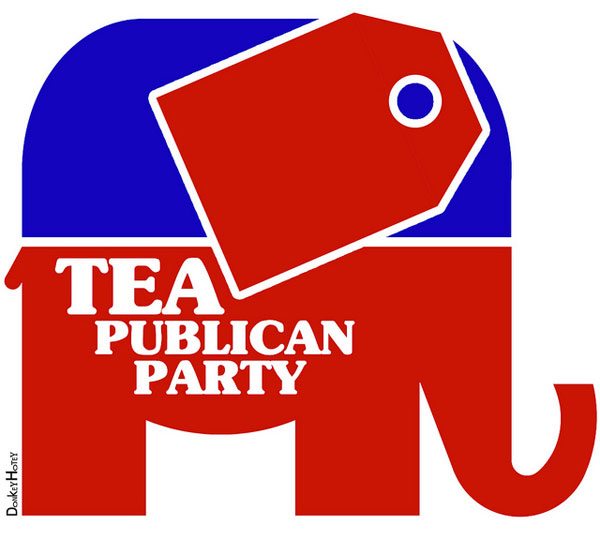
February 2, 2018; Government Executive
More than seven years after suing because the IRS failed to take action on its application for tax exemption, the Pennsylvania-based Z Street nonprofit organization has entered into a “consent order” with the federal government. If the federal judge hearing the case signs off on the joint agreement, the IRS has only one regulatory appeal of another case, Freedom Path v. IRS, to defend.
The order ending the litigation includes no payment to Z Street. In brief, the order documents agreement to the following points:
The Court hereby declares that it is wrong to apply the United States tax laws, including any and all tax rules, regulations, policies, procedures, and standards of review, to any tax-exempt applicant or entity based solely on any lawful positions it espouses on any issues or its associations or perceived associations with a particular political movement, position, or viewpoint. The declaration…does not constitute a finding by the Court that the IRS committed any violation of law or otherwise acted in bad faith in this case.
Sign up for our free newsletters
Subscribe to NPQ's newsletters to have our top stories delivered directly to your inbox.
By signing up, you agree to our privacy policy and terms of use, and to receive messages from NPQ and our partners.
Although it sounds like Z Street walks away without damages and without an admission of guilt from the IRS, that isn’t quite the case. The 20-page consent order includes 49 “stipulations of agreed facts,” which include many of the key elements of the targeting scandal NPQ first reported in May 2013. Z Street applied for tax-exempt recognition in December 2009, but its application was not acted upon within the then-typical timeframe. The conservative-oriented, pro-Israel charity sued the IRS in August 2010 for inaction on its application after 270 days, an option for nonprofit applicants specifically allowed under IRS regulation. The lawsuit was prompted in large part after an IRS employee told Z Street lawyers on July 19, 2010, that “approval of Z Street’s application for tax-exempt status [was] delayed, and [might] be denied, because of a special IRS policy in place regarding organizations in any way connected with Israel, and further that the applications of many such Israel-related organizations have been assigned to ‘a special unit in the D.C. office to determine whether the organization’s activities contradict the Administration’s public policies.’”
Z Street’s application took six and a half years to be approved, and approval only came after the IRS changed its tax exemption application review policies in reaction to the targeting scandal. Specifically, Z Street’s application was held up because it was reviewed using a 2007 “Terrorism Checklist” that had been replaced in 2009 before Z Street’s application was made. The IRS did not disclose its error to Z Street until 2016.
Ending the last of the targeting cases is one necessary step to set the stage for a new day at the IRS. There are other steps both the IRS and Congressional Republicans need to take in order to put the scandal to rest and focus on the serious budgetary and managerial needs the agency is facing, both in terms of nonprofit sector oversight and globally. The selection and confirmation of a new IRS Commissioner may be the next opportunity for resolution.—Michael Wyland













